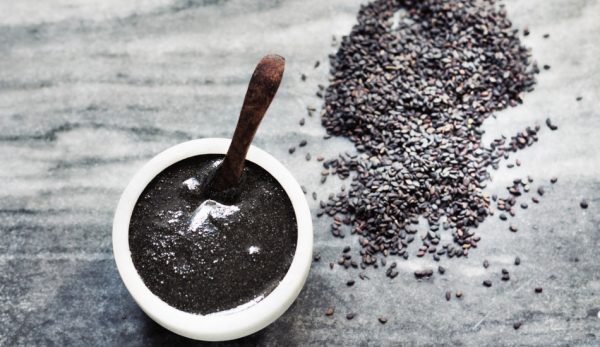Right from childhood, one of the moral teachings imparted to all people is to be kind toward others. In this regard, there is no debate between religious or atheist groups. Being kind not only benefits those you help, but it is also good for your health.
Promotes happiness
A 2010 survey conducted by the Harvard Business School in 136 nations discovered that people who were altruistic and donated money to charity were happier than others who did fewer acts of kindness. Another study from the UK found that being kind can boost a person’s happiness in just three days.
“Participants aged 18-60 took part on a voluntary basis. They were randomly assigned to perform either act of kindness, acts of novelty, or no acts on a daily basis for 10 days. Their life satisfaction was measured before and after the 10-day experiment… performing acts of kindness or acts of novelty resulted in an increase in life satisfaction,” states an abstract of the study.
Being kind increases your lifespan
Volunteering tends to make a person feel less pain and aches. In fact, providing help to a person is said to protect one’s health twice as much as aspirin protects you from heart disease. A study found that people aged 55 and above are 44 percent less likely to die early if they volunteer for two or more organizations. Volunteering has a stronger effect on your lifespan than exercising four times a week.
Good for your heart
When you engage in a kind act, it makes you feel emotionally warm and triggers the production of a hormone called oxytocin, which is pumped into your brain and body. The hormone increases self-esteem and makes a person more optimistic. It also plays a significant role in terms of cardiovascular health.

“Oxytocin causes the release of a chemical called nitric oxide in blood vessels, which dilates (expands) the blood vessels. This reduces blood pressure and therefore oxytocin is known as a ‘cardioprotective’ hormone because it protects the heart (by lowering blood pressure). The key is that acts of kindness can produce oxytocin and therefore kindness can be said to be cardioprotective,” according to Dr. David Hamilton.
Pain reduction
Kindness can also decrease your sensation of pain. One study looked at how electric shocks affect people. When individuals who donate money to orphans were given an electric shock, the study found that they were less sensitive to pain when compared to people who had declined to be charitable. The more a person believed that his donation would be helpful, the less they felt pain. The study proposed that the regions of the brain that are reactive to stimulation of pain got instantly deactivated by the experience of helping someone.
Eases anxiety
A study from the University of British Columbia (UBC) discovered that social anxiety is often associated with low positive affect (PA). This tends to negatively impact the psychological well-being of a person quite strongly.
“Positive affect refers to an individual’s experience of positive moods such as joy, interest, and alertness. UBC researchers found that participants who engaged in kind acts displayed significant increases in PA that were sustained over the four weeks of the study,” according to Quiet Rev.
Research conducted by Stephen Post from the Case Western Reserve University School of Medicine discovered that people who help others tend to experience better self-satisfaction, improved physical health, and show fewer symptoms of depression.











